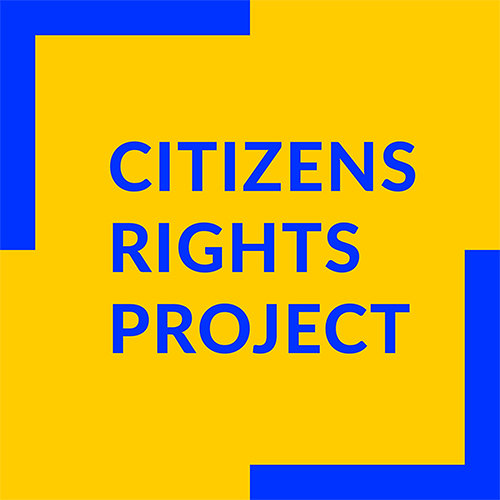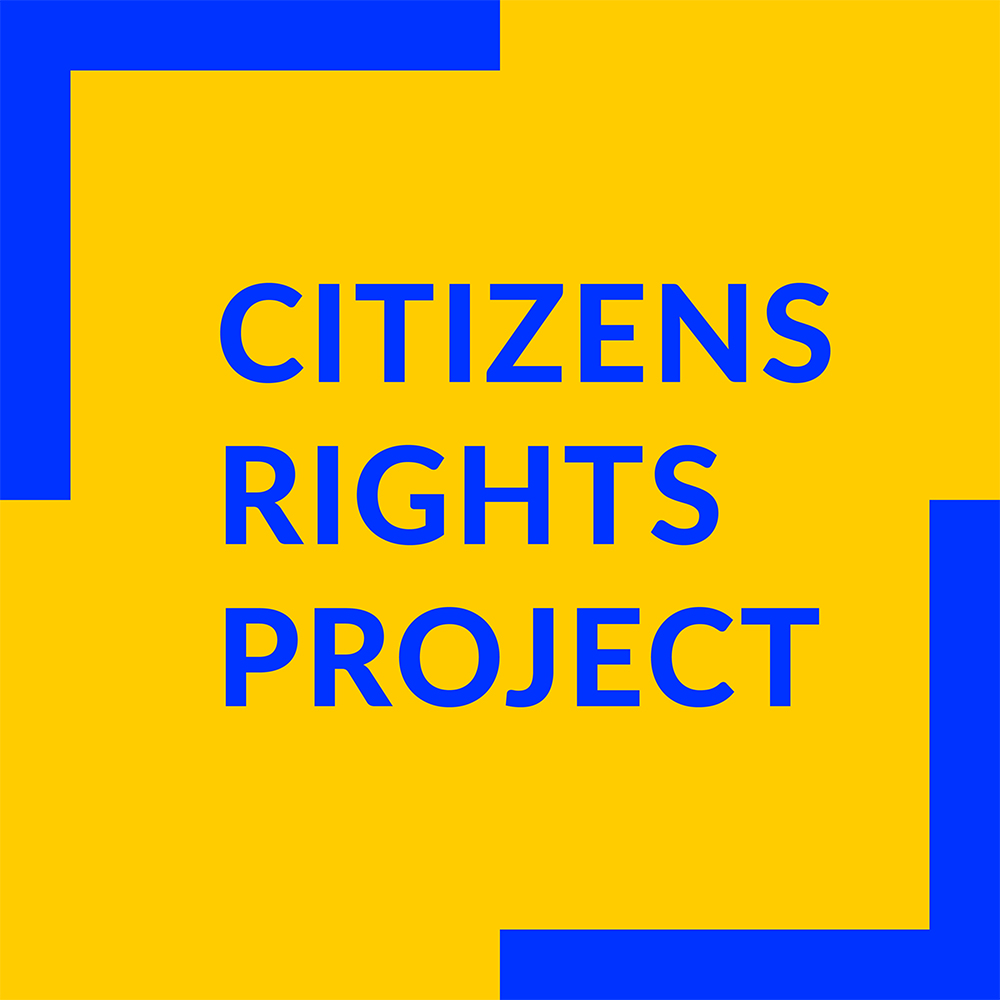EU/EEA/Swiss nationals with criminality issues – information on applying for Settled or pre-settled status (EU Settlement Scheme)
An application for settled or pre-settled status within the EU Settlement Scheme contains three parts: identity, residency, and suitability (criminality) checks. Therefore, every EU/EEA/Swiss national, or their family members, who arrived in the UK before the end of the Transition period (31st December 2020) with an intention of becoming lawfully settled in the UK, has to apply for settled or pre-settled status by the end of June 2021, and must disclose whether they had committed a criminal offence in their past, regardless whether the investigation/conviction occurred in their home countries or in the UK.
Depending on the seriousness of the offence, the Home Office may take longer than 6 months to consider applications of people with criminal background. That is because the Home Office relies on police records to check the applicants’ history. Normally, if the case is closed and/or the conviction spent, the Home Office should consider the application within 6 months. However, if the police records show that the case is ongoing, or the applicant is still in custody, the Home Office will put the application on hold for another 6 months and check the police records again afterwards.
If you are an EU/EEA/Swiss national, or their family member, living in the UK and have concerns about how the rules on criminality issues affect you, we advise you to apply for your settled or pre-settled status within the EU Settlement Scheme as soon as you can. Applying to the EUSS will both grant you the right to stay in the UK until the Home Office considers your application and will secure your right to legal assistance in case your application is rejected. There are several organisations in Scotland who can provide professional legal advice and assist you in your application, in some cases free of charge.
If you do have criminality issues from your past, and have already applied to the EU Settlement Scheme, but have not heard back from the Home Office for a long time (more than 6 months), it may mean that your application has been put on hold because the police records still show that your case is ongoing, or the conviction is unspent. Within the past few months our organisation (Citizens Rights Project) has been contacted by a number of EU nationals who had applied for their status a while back (some even over a year ago) and who are still awaiting the Home Office’s decision. We have contacted the Home Office on the clients’ behalf and in all cases the delay with granting their status was due to the Police records not being updated in time.
If these circumstances apply to you too there are things you can do to speed up the process.
First, you can call the Home Office resolution centre (0300 123 7379), or contact any accredited organisation that deals with immigration matters to do that on your behalf, and ask them about the status of your application. Remember that you need to have your application number (starting with 3434-), your contact details that you used for your application including the answers for the memorable questions, and your phone or access to your email at hand. If the officer confirms that your application has been put on hold you can then make a Subject Access Request on the Police website. For Scotland you can do it here. The SAR takes up to 28 days, after which you will receive a letter or an email confirming that your records have been updated.
You can also ask for a basic Disclosure certificate from Disclosure Scotland to check your records. After you receive a confirmation from the Police, you can call the Home Office resolution centre again and inform them about the update of your records. They should then be able to consider your application within a few weeks.
We have followed up this process with our clients, and some of them have already been granted the status after our intervention. If you require any assistance you can contact our organisation and we will help you for free.
From our experience, it appears that the lack of regular updates on the police records can be due both simple human error or cuts in police funding, which have resulted in a smaller number of Police staff processing a vast amount of paperwork. This, however, should not be an excuse for the delay in records’ updates, as many European nationals will soon rely on their new immigration status in the UK, and the lack of such status (due to the application pending) may have serious consequences for vulnerable people. The lack of settled/pre-settled status can make people ineligible for certain benefits and may limit their access to social services. We therefore believe that communication between the Home Office and the police should be improved to allow quicker and smoother process of processing applications for settled and pre-settled status.


